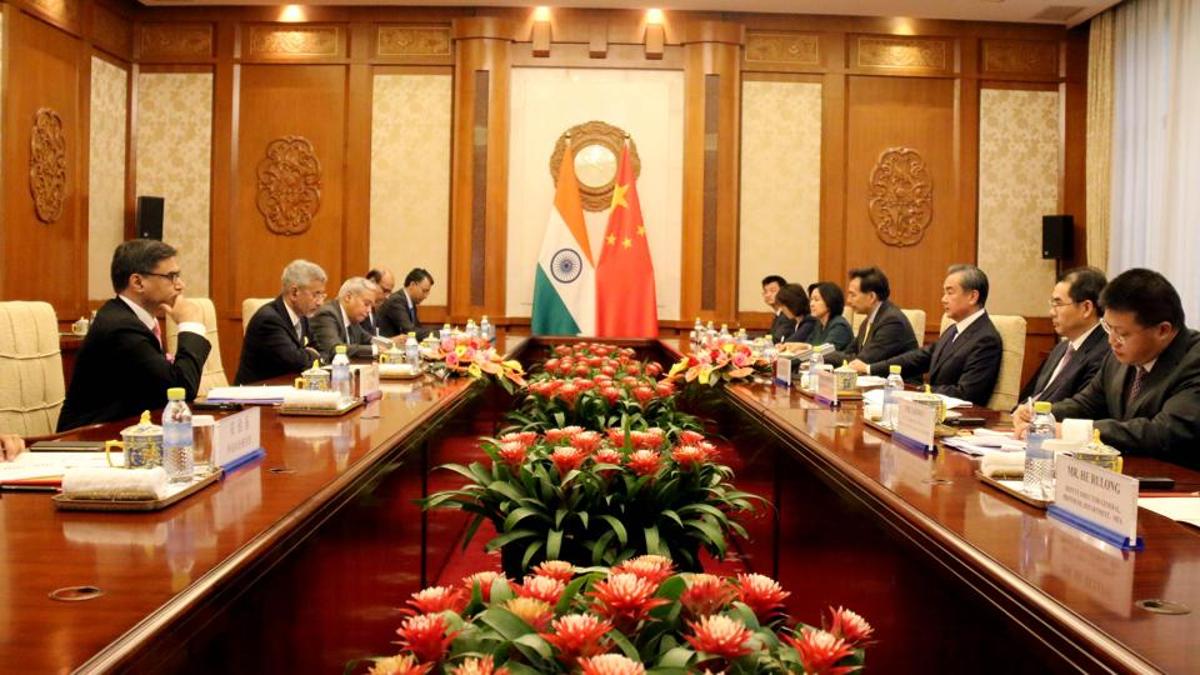
New Delhi. With the 22nd round of talks on the Sino-Indian boundary issue slated for middle of next month between the Special Representatives of the two countries, National Security Adviser Ajit Doval and Chinese State Councillor Wang Yi, the Indian side is evaluating the “early harvest” proposals sent by Beijing to build trust between the two sides ahead of the meeting though the dates have yet to be finalised.
The foreign ministers dialogue in Beijing held over three days from August 11 in Beijing and the Special Representative talks are precursors to the October 11-12 informal summit between Prime Minister Narendra Modi and Chinese President Xi Jinping in India for which Varanasi is being considered as the potential venue.
Neither side is willing to share the contents of the proposals. However, Beijing reportedly indicated that there is no sign of changing any positions with New Delhi, be it India’s membership of the Nuclear Suppliers Group (NSG) or full political support to its “all weather ally” Pakistan.
The trust factor between the two sides has also taken a hit after China, joined by the United Kingdom, still living in its imperial past, supported Pakistan in the informal United Nations Security Council (UNSC) meeting against the Narendra Modi government’s decision to nullify Article 370 and Article 35 A of the Indian Constitution pertaining to Jammu and Kashmir.
The overall sense from the UNSC meeting was that both countries were hopelessly outnumbered and outmanoeuvred in their quest for a formal outcome by the remaining 13 members led by the US and France.
In his meeting this month in Beijing with State Councillor Wang, who is also foreign minister, external affairs minister S Jaishankar had made it very clear that both countries should be sensitive to each other’s core concerns. “If Beijing wants India to support One China that includes Taiwan, Tibet, Xinjiang and Hong Kong, then it also must support One India,” said a top official.








